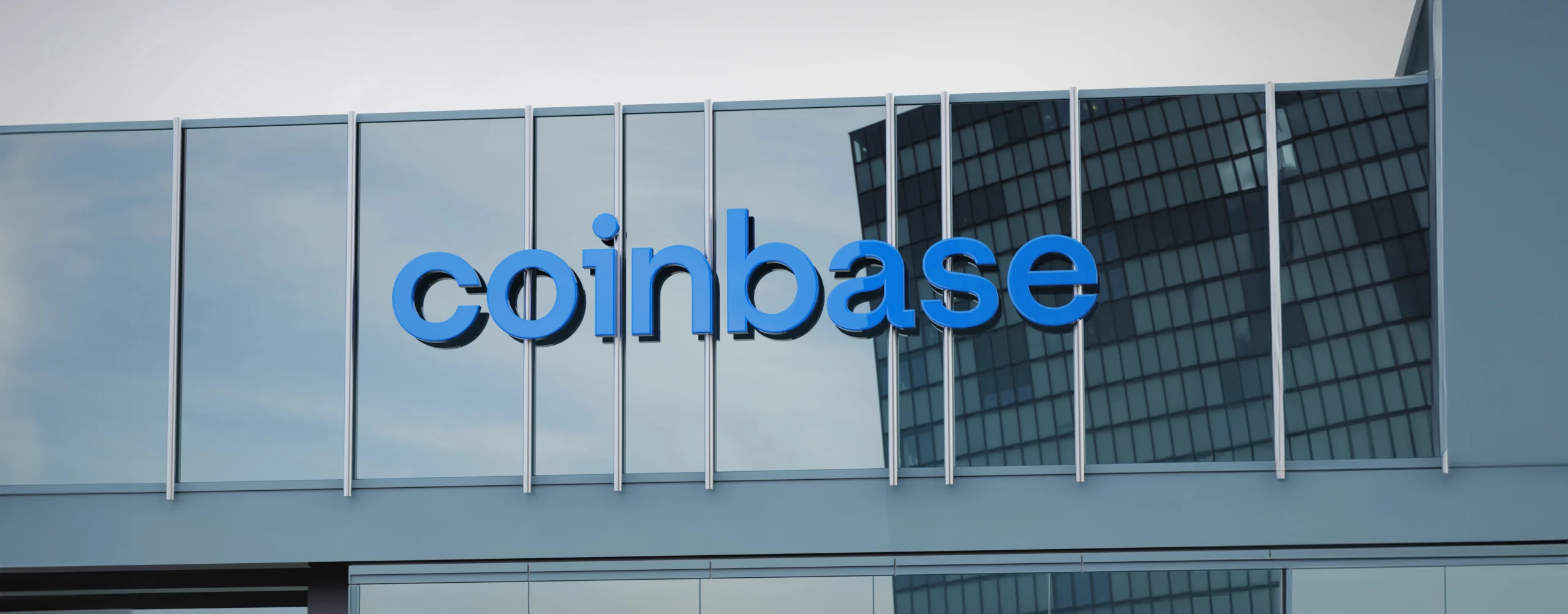|
Getting your Trinity Audio player ready...
|
The United Arab Emirates (UAE) has emerged as a leading hub for blockchain technology in the Middle East, with trade finance gaining a significant chunk of the rewards.
A combination of government initiatives has put the UAE on the global roadmap for blockchain adoption, culminating in financial and trade innovation for the Gulf nation. As the UAE pivots away from oil, it is keen on establishing itself as a global commercial hub, with experts citing mainstream blockchain integration as key to achieving its goals.
The government has taken the first steps toward integrating blockchain into its financial ecosystem by rolling out a comprehensive legal framework for blockchain firms dabbling in finance. Geared toward consumer safety, the UAE’s attempt at a rulebook has attracted several blockchain firms looking to set up shop in the country, citing regulatory clarity as a major deciding factor.
In terms of policy, the emirate of Dubai led the way back in 2016 after it unveiled a Blockchain Strategy designed to transform the city into a blockchain-powered emirate. Inspired by Dubai’s strategy document, the UAE’s central government rolled out a national strategy to move 50% of government transactions to publicly distributed ledgers.
So far, the national blockchain strategy has yielded a streak of positive results for the UAE and its Web3 industry stakeholders. A rating by Henley & Partners gives the UAE a 10/10 rating for tax-friendliness and high marks for innovation, regulations, and public adoption.
For infrastructure adoption, the UAE scored a decent 5.9/10, with authorities urged to increase their investment to deepen the local talent pool.
Despite the slew of positives, UAE’s Small and Medium Enterprises (SMEs) have been unable to leverage blockchain to access trade finance, unlike other industries. Properly leveraging blockchain for trade finance eliminates multiple intermediaries, saving time and cost.
The borderless nature of blockchain offers SMEs access to financing in multiple jurisdictions outside the limits of traditional financing options. Blockchain’s promise of transparency and reliance on smart contracts is touted as a game changer for the UAE’s SME sector.
Fixing the anomaly
Experts have proposed several solutions to bring the SME industry up to speed, including fostering collaboration among industry players, government agencies, and SMEs.
Analysts say that the launch of SME-focused blockchain government initiatives may offer new solutions for the sector, offering enterprises access to financing options.
A planned launch of a central bank digital currency (CBDC) is expected to improve the state of funding for SMEs in the UAE, with previous studies in other jurisdictions yielding impressive results.
Watch: The Middle East’s Blockchain Race

 02-12-2026
02-12-2026 




